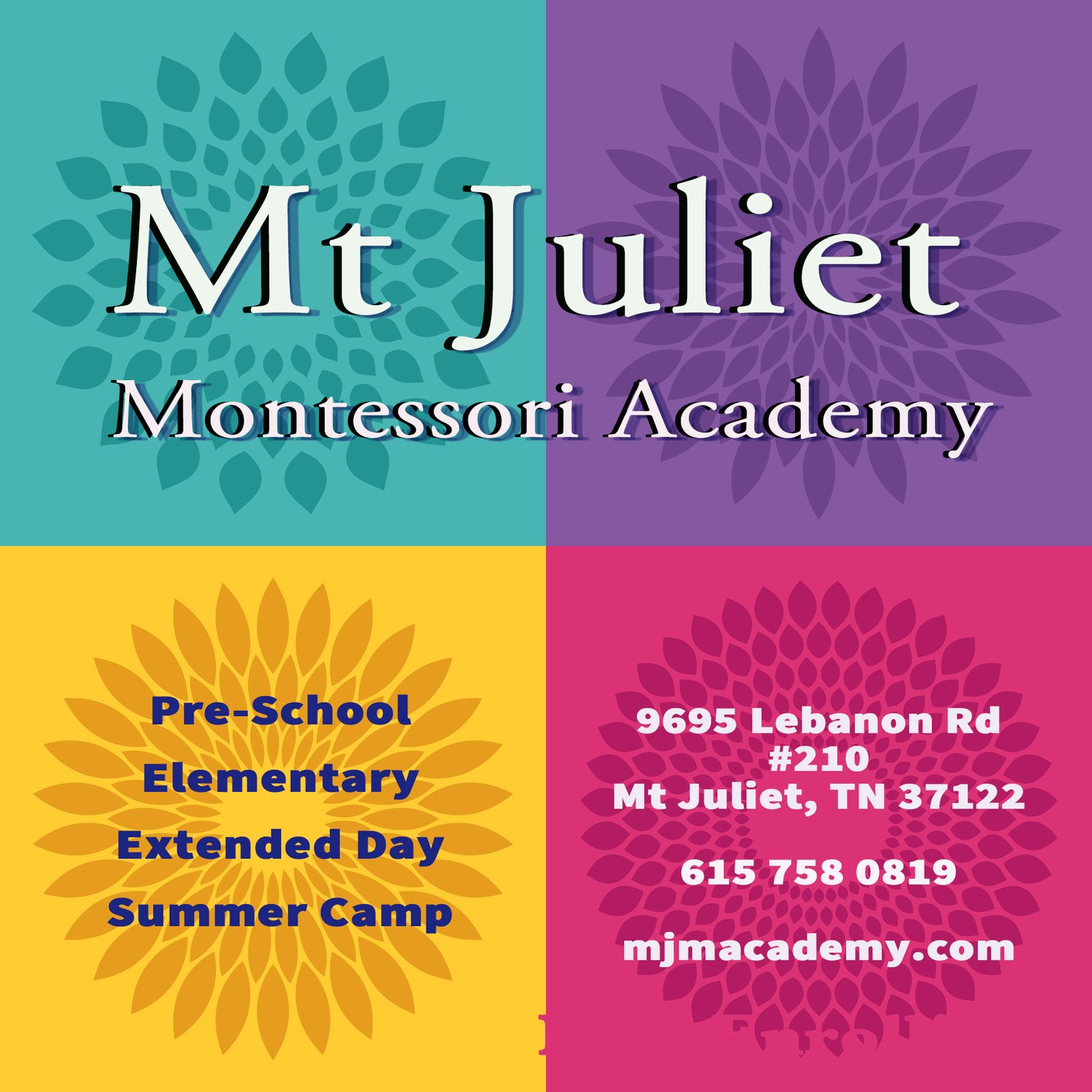Is Montessori Right for Your Child and Your Family?
Choosing the right educational path for your child is one of the most important decisions you can make as a parent. You might have come across Montessori education as you explore various schooling options. Renowned for its unique approach to learning and development, Montessori education has gained widespread popularity. But is it the right choice for your child and your family? Let’s delve into what Montessori education entails and how you can determine if it aligns with your family’s educational goals and values.
Understanding Montessori Education
Montessori education is based on the philosophy and methods of Dr. Maria Montessori, an Italian physician and educator. This educational approach emphasizes independence, freedom within limits, and respect for a child’s natural psychological development. Here are some core elements of Montessori education:
Child-Centered Learning: Montessori classrooms are designed around the needs of the child. Children choose activities based on their interests and are given the time they need to explore and master them without interruption.
Prepared Environment: The classroom is designed to facilitate independent learning and exploration. This includes child-sized furniture, accessible learning materials, and a layout that encourages movement and collaboration.
Guided Learning: Teachers in Montessori settings act as guides or facilitators rather than traditional instructors. They provide resources, introduce materials, and help children navigate their learning paths.
Mixed Age Classrooms: Children of varying ages are mixed in the same class, which encourages younger children to learn from older peers and vice versa, fostering a sense of community and social understanding.
Is Montessori Right for Your Child?
To determine whether Montessori is a good fit for your child, consider the following aspects:
Learning Style: Montessori may be ideal for children who thrive in a less structured environment and are self-motivated learners. Montessori could be a great fit if your child enjoys exploring concepts at their own pace and is comfortable in a setting that values independence.
Socialization: A Montessori classroom's mixed-age group setting can provide unique socialization opportunities. This is beneficial for socially adaptable children who work well both independently and in groups.
Special Needs: Montessori can be particularly beneficial for children with certain special needs who might benefit from a more tactile and self-directed learning environment. However, it's crucial to ensure that the specific school is equipped to support your child’s unique needs.
Is Montessori Right for Your Family?
When considering Montessori for your child, it’s also essential to reflect on what the choice means for your family:
Parental Involvement: Montessori education often requires a high level of parental involvement. Parents are encouraged to actively participate in school events, continuous learning at home, and community activities.
Consistency in Values: The principles that underpin Montessori education—such as independence, respect, and a love of learning—should resonate with your family’s values. Consistency between home and school environments can reinforce your child’s development and learning.
Long-Term Educational Goals: Consider your long-term educational goals for your child. Montessori schools vary in the age groups they serve; here at Mt. Juliet, we offer programs through elementary, and some even go up to high school. It is important to stick with Montessori at least through kindergarten to see the full-outcomes of an early childhood Monntessori education. Understanding your long-term educational plans will help in making a prudent decision.
Conclusion
Choosing a Montessori education is not merely about selecting a school; it’s about choosing a way of life that extends beyond the classroom. As you consider whether Montessori is the right choice for your child, visiting Montessori schools like Mt. Juliet Montessori Academy, speaking with educators and parents, and observing the interaction between teachers and students is crucial. Such steps will clarify how Montessori education operates and whether it aligns with your child’s and family’s needs. Ultimately, the right choice will depend on your child's personality, learning preferences, and your family's educational values and commitments.

